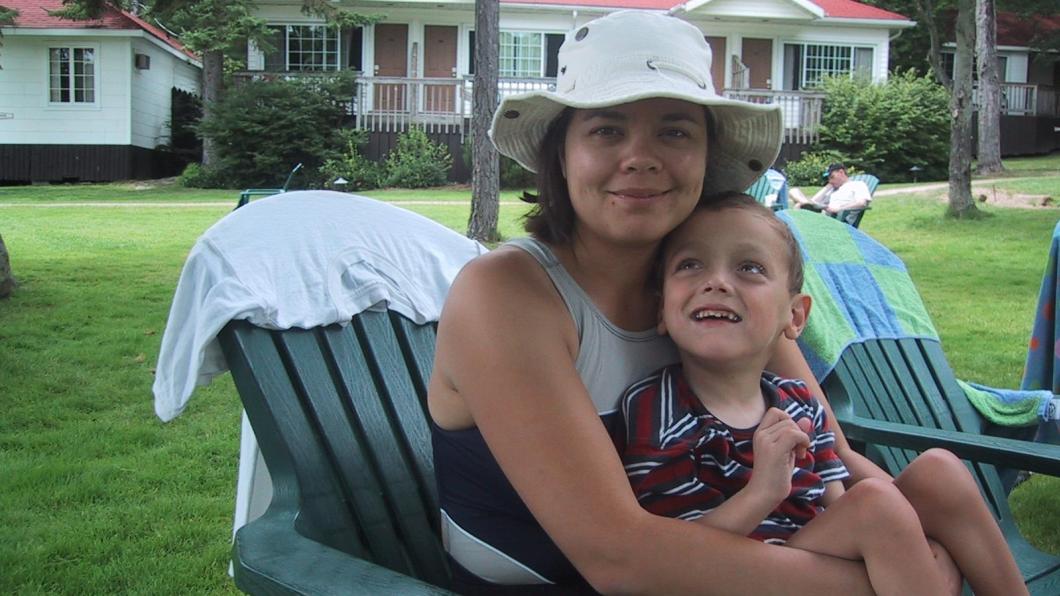
Workshop explores tensions between clinicians and parents
By Louise Kinross
How does a parent of a child with severe disabilities experience the world of therapy? “Our path felt predestined and hopeless, and that we were all just expected to carry on as though that wasn’t the case,” writes Jennifer Johannesen (photo left), who is leading an online workshop called Communicating with Caregivers for clinicians.
Johannesen is the author of No Ordinary Boy, a book she wrote about parenting her son Owen (photo right), who had multiple disabilities and died at age 12. He was a client at Holland Bloorview. Most recently she’s studied bioethics and written and spoken about patient engagement.
“After my talks professionals have come up to me to express their misgivings about their own effectiveness, and about whether their strategies and training are helping a family they can see is overwhelmed," Johannesen says. "I piloted this workshop with 20 pediatric occupational therapists. They said they were trained to be hyper-positive, but sometimes the parent isn’t in that space. Often there is a big, gaping hole of despair that no one wants to look at.”
Now Johannesen is offering children’s rehab professionals an opportunity to hear her firsthand experiences and talk about their own interactions with parents in small and large groups.
“I no longer have a hat in the ring, so they can talk about how they relate to a scenario, or are confused by it, or ask questions in a safe container” with peers, Johannesen says.
The online workshop is being held on May 23 and 30 over two three-hour sessions so participants have “unhurried time to reflect,” Johannesen says.
She says clinicians and parents may become entrenched in their roles as “expert and superhero mom, which makes it hard to develop trust and an opportunity for frank conversation. Therapists have told me they often struggle with being honest about their impressions of a child’s progress or wanting to talk about next steps or the need for equipment. On the other side, parents say they’re overwhelmed or feel incompetent to deliver the therapies."
Thinking back to her own experience, Johannesen says: "Maybe I just wanted to be able to sleep or go to the store without bringing a Velcro picture of a tomato. But there was never any acknowledgement of a parent’s conflicting emotions. Given a therapist’s training, there may not be room for a family’s confusion or desire to do something different.”
And where does acceptance of a child's disabilities fit into the picture? "There's rarely a discussion about something that isn't helping the child or family," Johannesen says. "We would do things for weeks, months, years, because it was supposed to set Owen up to do something like hold his head up, and yet he was never able to do 'x, y or z.'"
Workshop participants will have “frank dialogue about their experiences with families and have an opportunity to ask questions and float ideas about how they might move forward in new ways.”
They will receive a digital copy of No Ordinary Boy in between sessions, and a hard copy at the end.
The two-day workshop costs $300 and is open to anyone who works with children with disabilities and their families. Register here.
Like this content? Sign up for our monthly BLOOM e-letter, follow BLOOM editor @LouiseKinross on X or @louisekinross.bsky.social on Bluesky, or watch our A Family Like Mine video series.